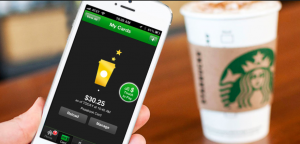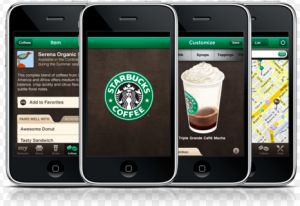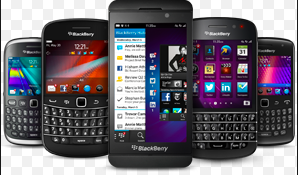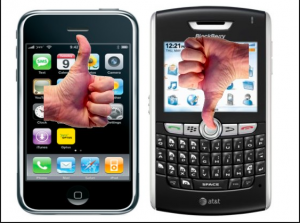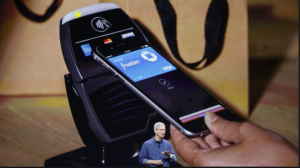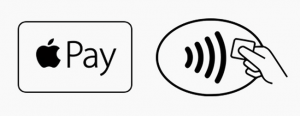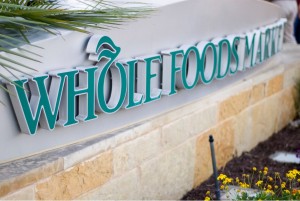Starbucks Canada will introduce a mobile payment system that allows customers to order their coffee in advance on app to some of its Toronto stores next week. This action will save the valuable time in lineups since consumers can select what they want and pay for it on the app and pick up their order just after the pick up times.
I read Phyllis blog and in a sort of way agree with her opinions. She argues that this action will save time on lineups, however, people may still need to line up to pick their coffee. Also, too many orders online may lead to chaos in the stores. I agree with these ideas but came up with some different views. I think the most convenient thing is that people can pay for their coffee on their cellphones instead of paying at the checkout counter in stores. Moreover, this app will benefit both for consumers that order in stores and consumers that order online. For people buying their coffer in stores, since others are purchasing online, there will be a shorter line therefore saving their time. Also, for people buying online, they can come and pick up their coffee at the exact time the coffee is done which means no more waiting.
Overall, this action benefits consumers and is a nice expansion of services. I believe this move will successfully boost the sales of Starbucks. Nice move!
